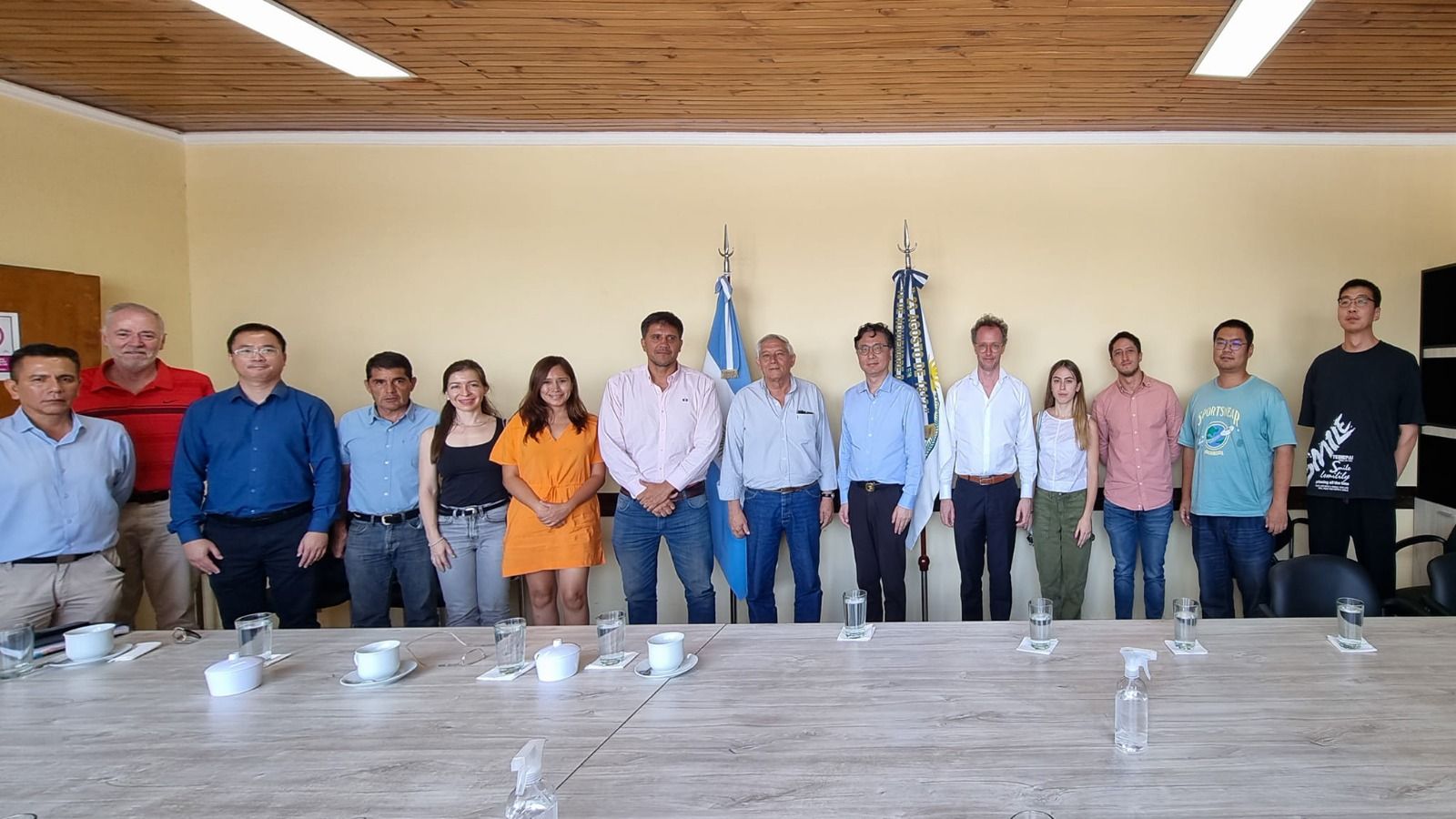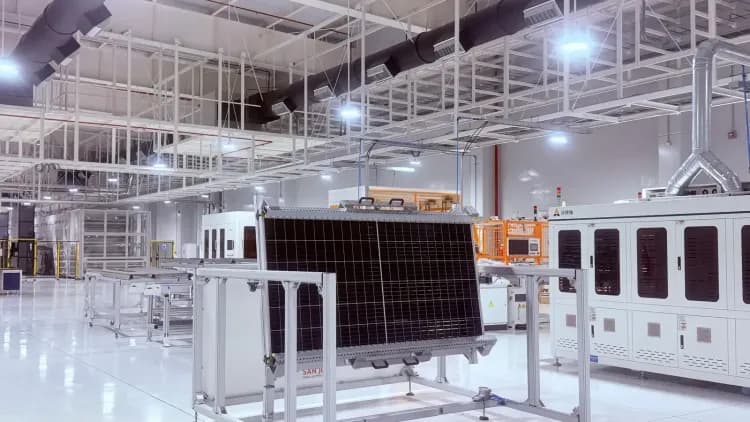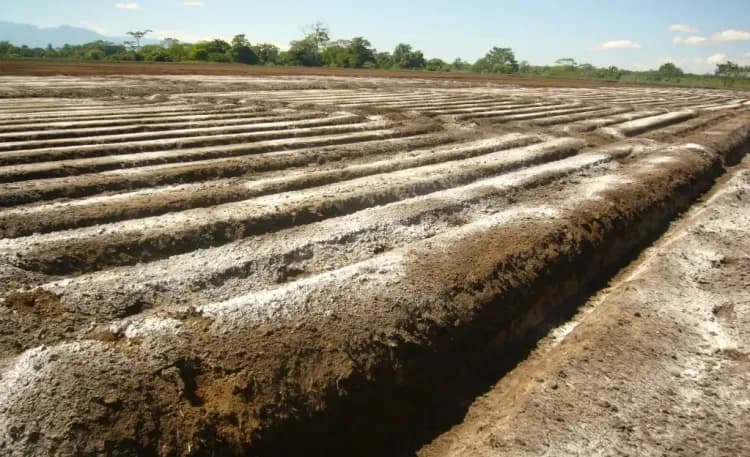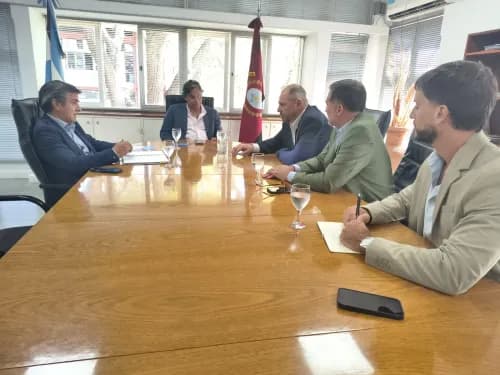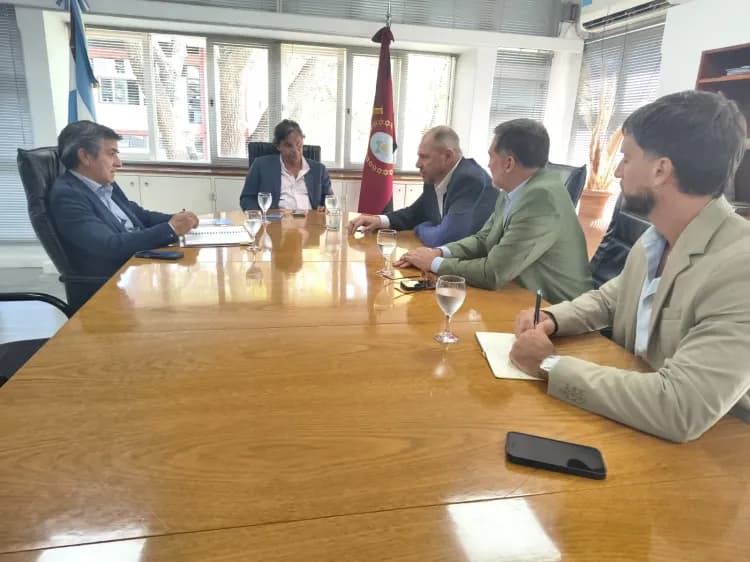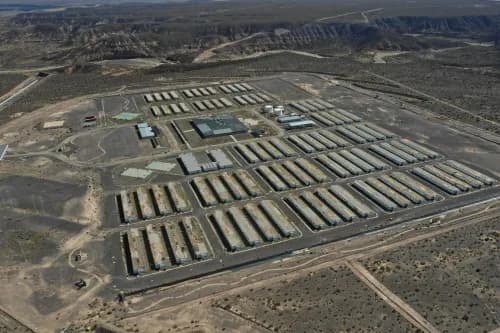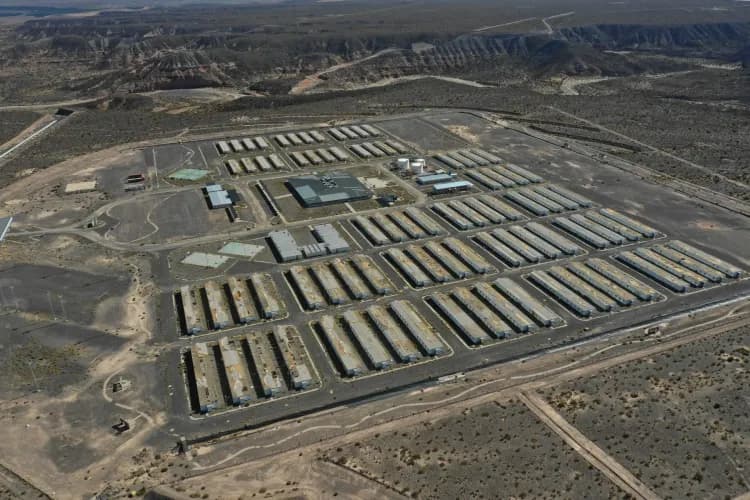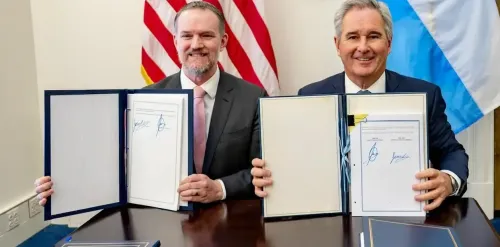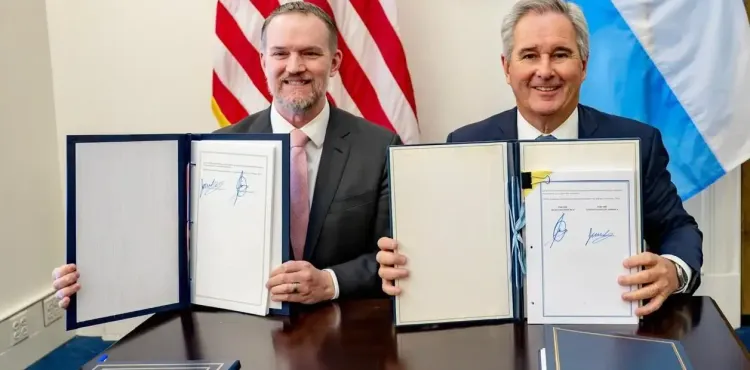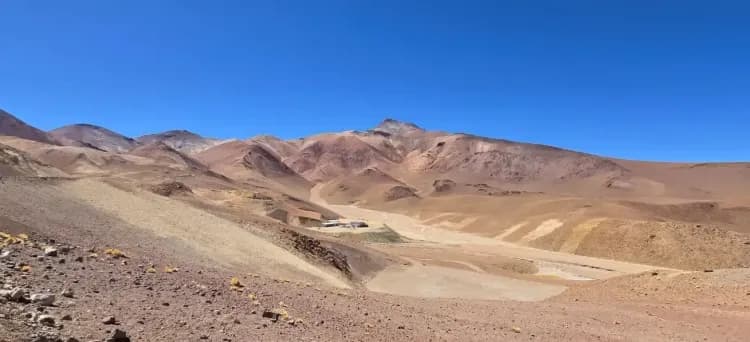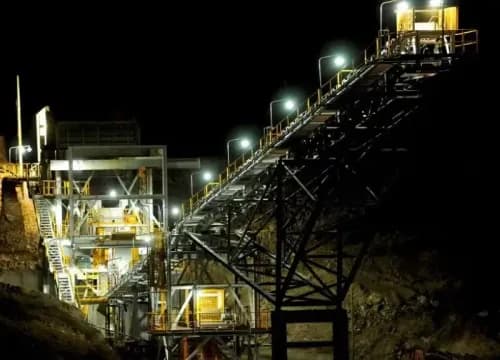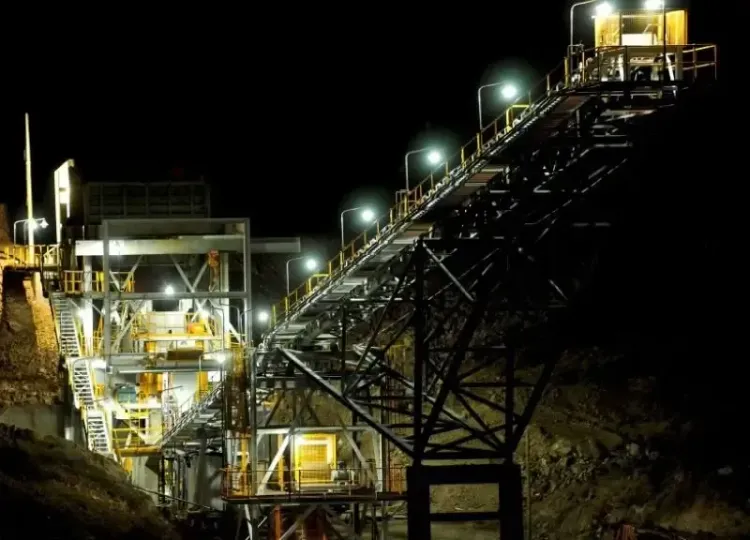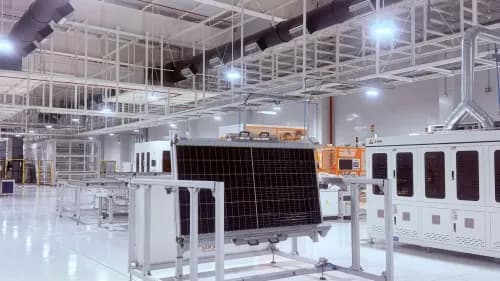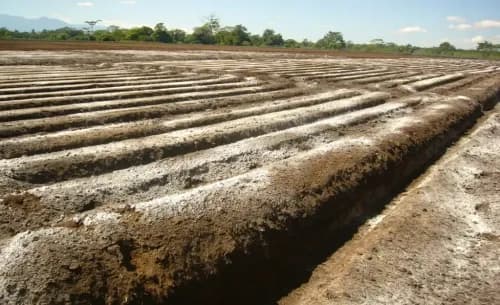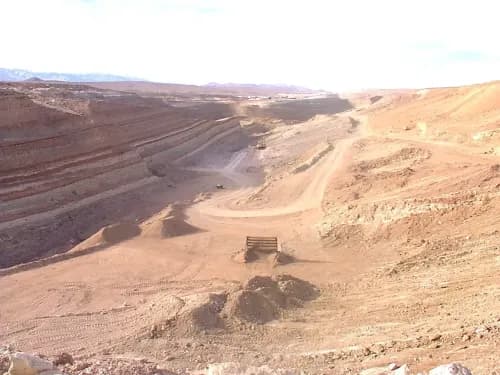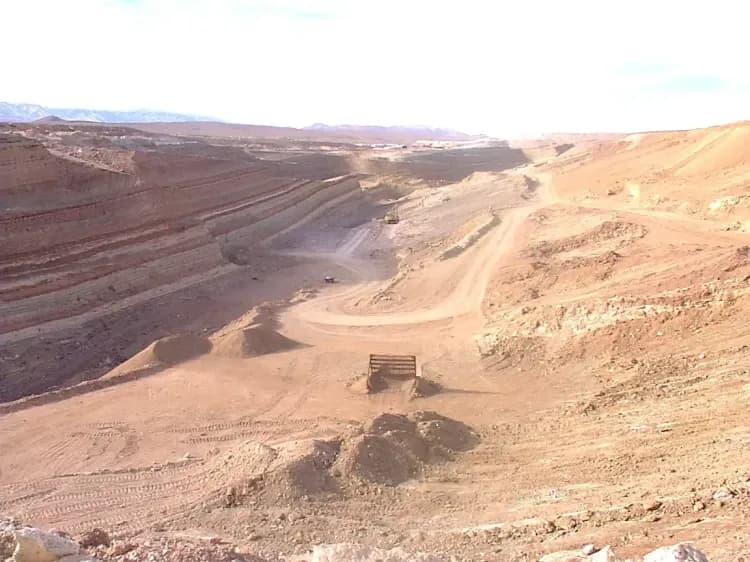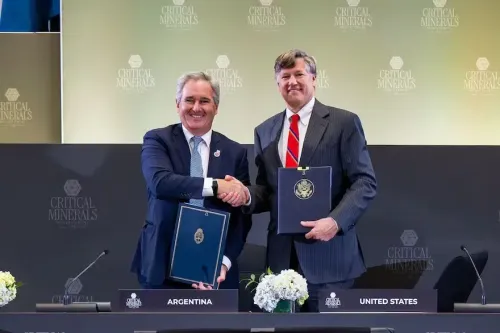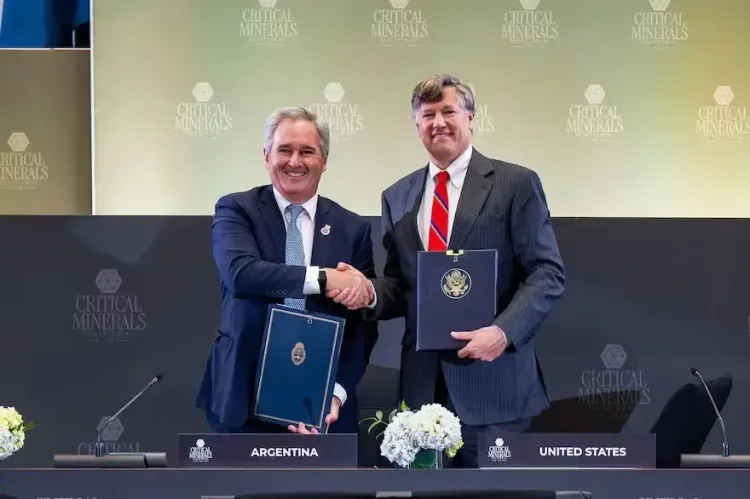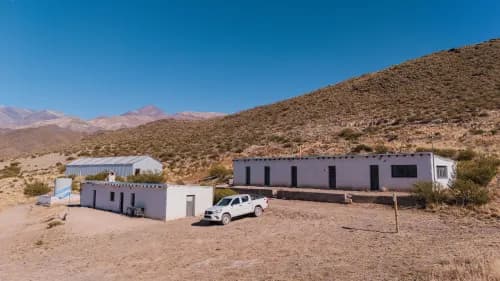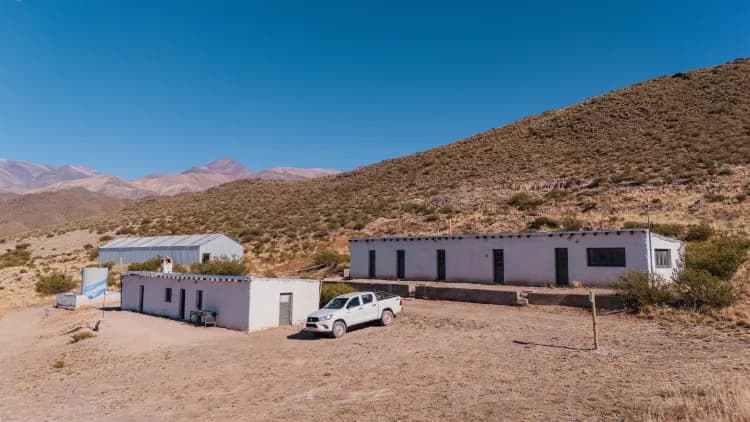The Chinese delegation was informed about regulations aimed at installing the hydrochloric acid plant as a lithium input.
By Panorama Minero
Representatives of the Chinese company Tsingshan visited Jujuy to advance in the preparations and gather information to organize the installation of a hydrochloric acid production plant, an input for lithium production in the region. The College of Engineers of Jujuy informed them about the regulations and the importance of complying especially with environmental rules, considering their arrival key for resource development. They also visited the municipality of Perico.
"The CEO of the company that will produce hydrochloric acid in Perico, linked to lithium production in Jujuy, visited us. They had requested to contact the College of Engineers in order to know what the regulations are, the way in which they have to carry out the construction of this factory," said Engineer Sergio Aramayo, president of the College of Engineers of Jujuy.
The delegation from the Chinese company "Tsingshan" South America was composed of its CEO Jhon Li, Santiago Bustelo Senior Manager, Hernando Lisak, Superintendent of Community Relations, as well as engineers María Silvia Yañez and Álvaro Marquina.
Aramayo explained that the Chinese company is already established in Salta with a lithium project together with the French company Eramet and intends to produce hydrochloric acid in the Industrial Park of Perico, an important input for lithium production. In fact, in July 2023, the company signed an agreement with the provincial government of Jujuy to invest US$120 million to manufacture these inputs for the production of lithium carbonate in the Industrial Park of Perico.
In response to the visit, the authorities of the College of Engineers of Jujuy informed the delegation about the regulations, requirements, and corresponding authorizations for such constructions. Aramayo specified that they provided detailed information because it is expected that they comply with all current legislation, especially environmental regulations due to the production of hydrochloric acid.
"We are very concerned that this is the case, that the control agencies can have influence and enforce the regulations. Then everything that would be the construction stage of the factory in which professionals specialized in these types of constructions intervene, they have hired a Chinese company that will carry out the construction," Aramayo detailed. "We have clarified that the standards and conditions must be local. They come to make that happen," he added in that regard.
Furthermore, he explained that together with John Lee, who is the CEO of the company, they agreed to work institutionally for the training of human resources destined for the operation of the plant. This would aim to anticipate resources for both the initial part of the project, the construction of the plant, and the subsequent operation. They suggested contacting the National University of Jujuy (UNJU) so that young people who are studying Chemical Engineering have the opportunity to train with prospects of working in the future in that company.
Regarding the importance of this opportunity for the province, Aramayo considered: "The mere fact that this company is the third largest in the world in stainless steel and nickel production already indicates that there is technology and advances in construction matters, among others, that we still do not know here. So it is a learning experience for local engineering that we can link up and learn about the production process of hydrochloric acid at this level and type of companies operating in the world," he concluded.
It is a leading Chinese company worldwide in nickel production and stainless steel that is preparing to build an electrochemical plant that will produce hydrochloric acid and lithium hydroxide, key inputs for lithium carbonate production in the region, as it proposes to supply both the local industry and Chile and Bolivia.
It will be installed in the Perico industrial park and will have a production capacity of 35,000t/a of sodium hydroxide and 100,000t/a of hydrogen chloride in the first phase.
For this reason, the Chinese delegation also visited the mayor of Perico, Rolando Ficoseco, as it is the municipality where the Industrial Park where the plant will be located is located. During the meeting, strategies for future work were discussed and coordinated for the development and growth of Perico. Municipal authorities considered it a great opportunity to strengthen their local economy and generate new employment opportunities for their population.
It is worth remembering that during the 2023 visit, where representatives of the company were received by provincial authorities, it was reported that the construction of the plant is expected to generate 1,000 jobs during the 18 months that process will last.
It is estimated that this project will allow an increase in local labor, hiring of suppliers, and acquisition of products from Jujuy, in addition to the possibility of transferring knowledge and productive linkages in the province.
